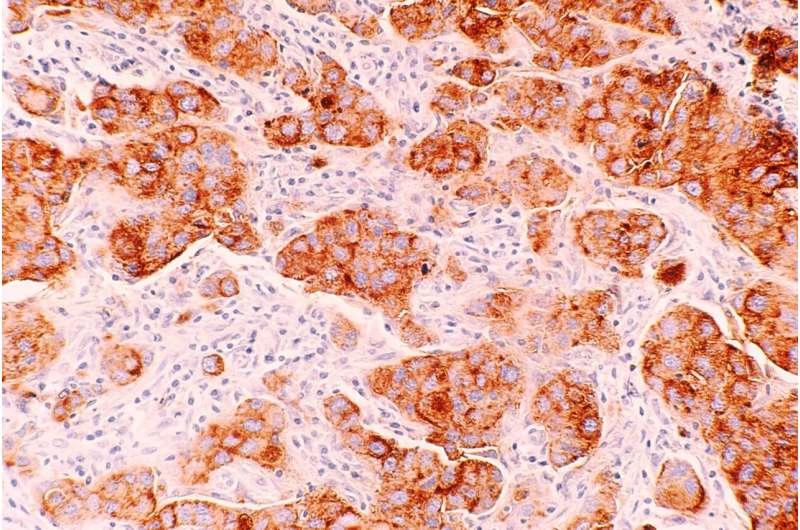How Cell Metabolic Communication Hampers Anti-Tumor Immune Responses

New research reveals how cancer cells manipulate neighboring cells’ metabolism, promoting immune suppression and tumor growth, opening potential pathways for improved cancer therapies.
Recent research from Ludwig Cancer Research has uncovered a complex network of molecular signals through which cancer cells manipulate their surrounding environment to promote tumor growth. This process involves the exploitation of normal cellular metabolism, specifically how cancer cells influence nearby noncancerous cells such as fibroblasts and immune cells. The study reveals that cancer cells secrete fat-derived molecules that activate fibroblasts, causing them to increase production of glutamine, an amino acid critical for cell growth. Elevated glutamine levels in the tumor microenvironment ultimately alter immune cells called macrophages, converting them into pro-tumorigenic and immune-suppressing states. Key findings highlight the role of palmitic acid, a fat molecule produced by melanoma cells, which triggers inflammatory responses in fibroblasts, leading to increased glutamine synthesis via the enzyme glutamine synthetase. This excess glutamine fosters the development of immune cells that support tumor expansion and suppress anti-tumor immunity. Importantly, blocking the gene for glutamine synthetase in fibroblasts reprograms macrophages towards an anti-tumor phenotype and hampers tumor progression in experimental models. These insights emphasize the sophisticated metabolic crosstalk within tumors and suggest new avenues for therapeutic intervention by targeting glutamine metabolism or inflammatory responses in the tumor microenvironment, potentially enhancing the effectiveness of immunotherapy strategies.
Stay Updated with Mia's Feed
Get the latest health & wellness insights delivered straight to your inbox.
Related Articles
How Modified RNA Evades the Body's Innate Immune Defense
Discover how modifications like pseudouridine in RNA help evade immune detection, enabling the development of effective mRNA vaccines and therapeutics. Research from LMU Munich reveals the molecular mechanisms behind this immune evasion, paving the way for advanced RNA-based medicines.
New Study Reveals Circadian Rhythms Specifically Regulate Bone Resorption
A new study reveals that circadian rhythms specifically regulate bone resorption, providing insights into how our internal clock influences bone health and potential implications for osteoporosis prevention.
Innovative In Vitro Model Sheds Light on How Tumor Cells Enter the Bloodstream
A cutting-edge in vitro model reveals the detailed mechanism by which tumor cell clusters penetrate blood vessel walls and facilitate metastasis, paving the way for new targeted therapies against cancer spread.



